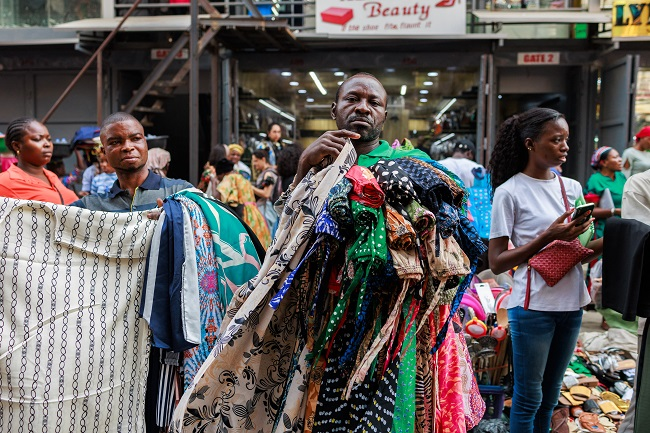
According to the World Bank, approximately 129 million Nigerians, or about 65% of the population, are living in poverty. This statistic highlights the deepening economic challenges the country faces, especially with rising inflation, limited access to social services, and unemployment. The poverty situation is particularly severe in rural and northern regions of the country, where economic growth has not sufficiently addressed poverty reduction.
The World Bank also emphasizes the need for reforms that focus on social protection and economic inclusivity. These reforms include creating job opportunities, improving governance, and addressing the country’s dependency on oil. Efforts are being made to implement these changes, but poverty remains a significant barrier to progress.




